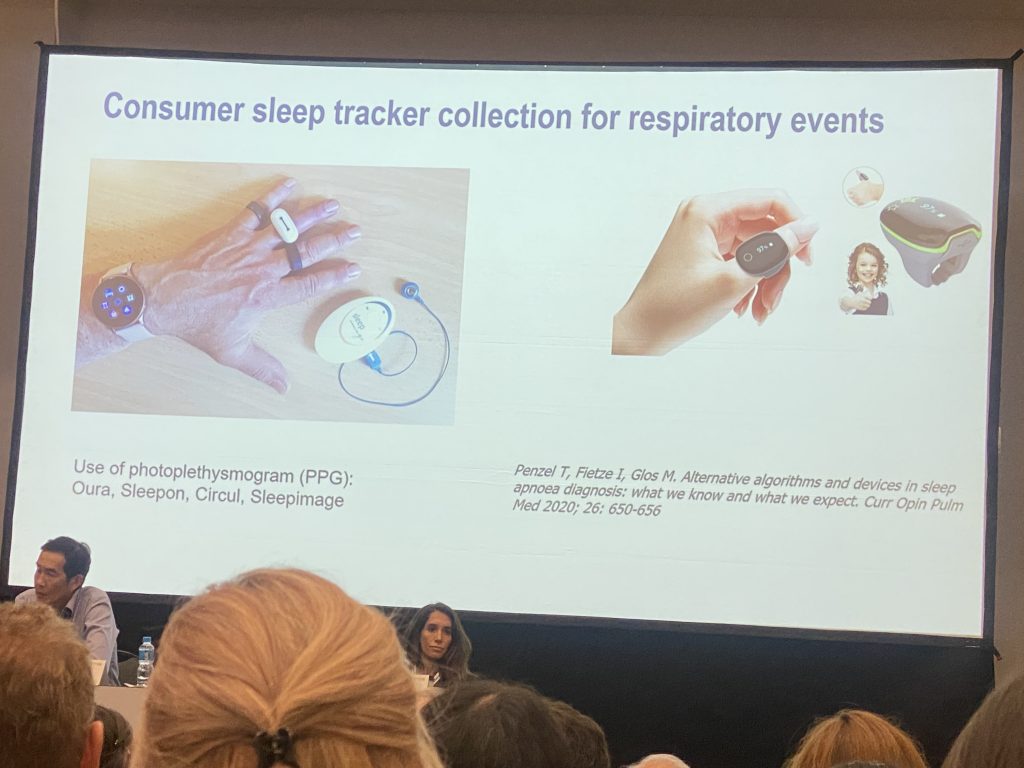World Sleep Congress 2023: Unveiling Sleep’s Vital Role and Sleep Deprivation Impacts
World Sleep Congress 2023: Unveiling Sleep’s Vital Role and Sleep Deprivation Impacts
Big News
2023 World Sleep Congress in Rio de Janeiro, Brazil

Recently, We have received a picture shared by a friend at the World Sleep Conference in Rio de Janeiro, Brazil. As a team that shares the same concept of sleep as the Sleep Organization, it is regrettable that we cannot listen to the latest knowledge and research results about sleep at the conference. The theme of this year’s World Sleep Conference is: Sleep Is Essential for Health. Leaving aside the importance of sleep for health, let’s talk about the length of a person’s life and the Sunk Cost in economics. Sleep, in human life, occupies multiple weights.
Why do people need to sleep? Is it okay not to sleep?
Why is sleep so important for humans? It is said that sleep is very important. Have you ever thought about why sleep is so important to humans? Suddenly thought of a very interesting topic. If we use the concept of Sunk Cost in economics to explain the importance of sleep. How long is the process from birth to death in a person’s life? Let’s first look at a set of data:

The picture shows that Singapore ranks first, with an average human lifespan of 86.61, rounded up to a whole number. Assuming that everyone can live to 100 years old (with the improvement of technology and medical living standards, the average lifespan should be increasing), each person has 24 hours a day, and a lifetime of 36,500 days, 876,000 hours, and 52,560,000 minutes.
That is to say, the human lifespan is 876,000 hours and 52,560,000 minutes. Apart from activities such as eating and socializing, most of the remaining time is spent sleeping. According to experts, a person should sleep for a full 8 hours, so how much sleep time (Sunk Cost) does a person invest in sleep time in their lifetime?
How much of a person’s life is spent sleeping?
365 * 8 * 100 = 292,000 hours, how much time does it occupy in your life?
292000/876000=3!!!!
Are you surprised? Astonished or not?
Calculating from an individual living a century and sleeping 8 hours each day, sleep occupies one-third of your entire lifespan! What kinds of individuals and activities claim such a considerable portion of your existence? Arguably, the time dedicated to anything or anyone pales in comparison to the time we spend sleeping throughout our lives, extending even beyond the final rest. So, do you consider sleep essential? Absolutely vital!!!
What happens if a person lacks sleep?
Lack of sleep can lead to a range of physical and mental health problems. These problems may include:
Physical fatigue:
Lack of adequate rest can lead to feelings of physical fatigue, making you feel less energetic and affecting daily activities.
Immune system damage:
Adequate sleep is crucial for the immune system. Lack of sleep may reduce the body’s resistance to infection and disease.
Cognitive decline:
Sleep is crucial for learning, memory, and concentration. Lack of sleep can lead to cognitive decline, affecting learning and work performance.
Emotional instability:
Lack of sleep can cause mood swings, making you more prone to anxiety, irritability, or depression.
Mental health issues:
Chronic sleep deprivation may be linked to mental health problems such as depression and anxiety.
Cardiovascular problems:
Studies show that chronic sleep deprivation may increase the risk of heart disease and stroke.
Metabolic problems:
Lack of sleep is associated with weight gain and increased risk of diabetes.
Look, I believe you have all experienced this kind of sleep deprivation. It is obvious that sleep deprivation can have a negative impact on us.
Sleep Deprivation – Depleted energy, reduced appetite, diminished focus, increased likelihood of making mistakes at work, reprimands from superiors, potential unemployment, heightened irritability, negative interactions with others and family, strained relationships, love disillusionment, and potential family breakdown.
Look, you can predict that lack of sleep can cause a series of chain reactions, from personal diet and work to family health, which can lead to irreversible consequences.
Therefore, maintaining healthy and adequate sleep is crucial for overall health. Try to maintain 7-9 hours of sufficient sleep every night to avoid factors that lead to insufficient sleep, which helps maintain physical and mental health.
Previous articles on sleep-related knowledge:













